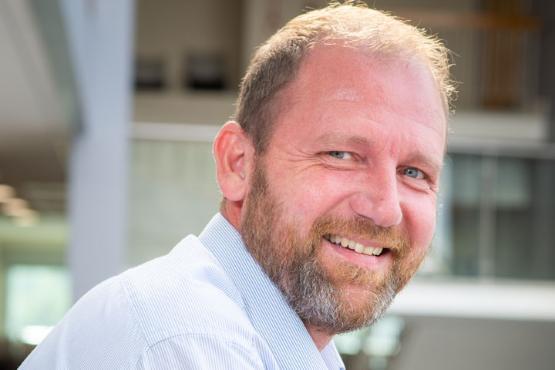Professor Klaus Pors
Chess, cancer and cures? Why disguising the next move could win the battle

Cancer is a collection of diseases where cells in a specific part of the body grow and reproduce uncontrollably. When cancerous cells turn aggressive, they can destroy both local and distant healthy tissue and organs. As we live longer and longer, cancer incidences will continue to rise. In 2018, 17 million new cases of cancer worldwide were reported and by 2040 the incidence number will have risen to 27.5 million. Recent projections suggest that 1 in 2 people will develop some form of cancer during their lifetime (Cancer Research UK).
Despite these alarming numbers, many tumour types can be effectively treated due to a range of new treatments options include surgery, chemotherapy, radiotherapy, immunotherapy, hormone therapy and bone marrow transplants. Small molecule-based treatment options such as chemotherapy suffers from lack of tumour selectivity, hence patients often experience severe side effects as normal tissue is also damaged. Additionally, and critically, if the original tumour is not treated effectively, the patients will be at high risk of relapsing due to formation of drug-resistant secondary tumours or metastases (cancer cells that have spread).
This event will be followed by a canape reception and drinks.
This will be a ‘hybrid’ event, taking place both at the University and online. When you book free tickets, you will be able to choose which version of the event you would like to attend.
